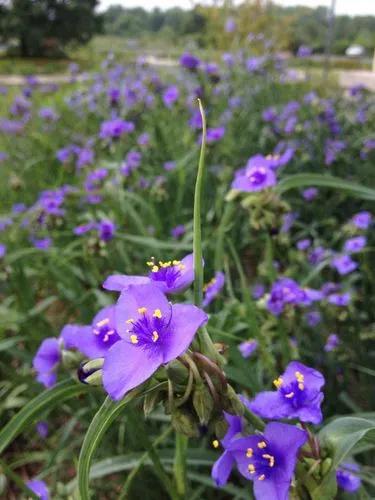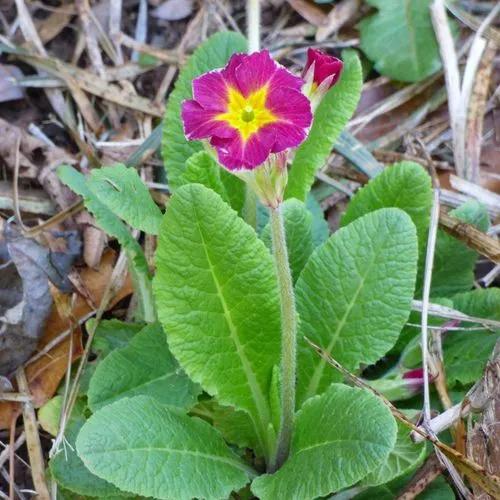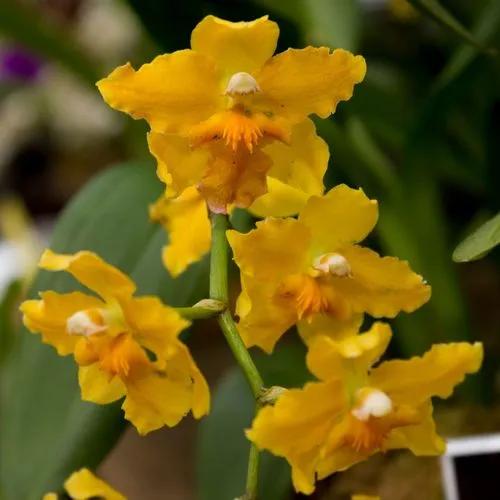Their pseudobulbs are round or oblong and each carry one or two lanceolate leaves. Some grow close together in a clustered manner on a short rhizome, while in other species the pseudobulbs keep some distance on an elongate rhizome. This rhizome is clothed in a somewhat transparent, silvery-gray velamen. The flowers grow solitary on short stalks, called scapes, from the base of the pseudobulb. Most are small to very small, but some species carry large, showy flowers. The flowers are never longer than the leaves. Their free petals and sepals have a typically curved and adnate labellum with three inconspicuous lobes. Or the lip may have a distinct callus on the disc ( = central part of the lip from which the lobes radiate). The papillae (= small warts like glands) and the trichomes of the lip show great diversity. The most common form for the papillae is the conical form with rounded or pointed tips.
Maxillaria Picta Care
Maxillaria



How to Care for the Plant

Water

Maxillaria picta should be watered abundantly during active growth from late spring to autumn. In late autumn, waterings should be reduced.

Fertilizer

During the period of active growth, the plants should be fertilized every week with 1/4-1/2 doses of fertilizer for orchids. You can use sustainable fertilizer throughout the year, but also can use a high nitrogen fertilizer from spring to mid summer, then in late summer and autumn use fertilizer with a predominance of phosphorus.

Sunlight

Maxillaria picta needs a light level of 20000-30000 lux. Moderately bright light should be filtered or dispersed, the plants should never be exposed to the direct effects of the midday sun. The strong air movement should be ensured at all times.

Soil

It is easier to grow in pots or hanging baskets filled with very loose, quickly drying substrate.

Temperature

The average temperature of the summer day is 22-24 ° C, night 15-16 ° C with daily amplitude of 8 ° C. If a cooling air humidifier is used, the plants will grow well near the cold, moist outlet. In winter, the average day temperatures are 17-18 ° C, and the night around 10 ° C with the daily amplitude of 7-8 ° C.

Container

Maxillaria picta can be grown both in pots with good drainage as well as mounted on a piece of cork oak or tree fern.
Discover more plants with the list below
Popular articles






